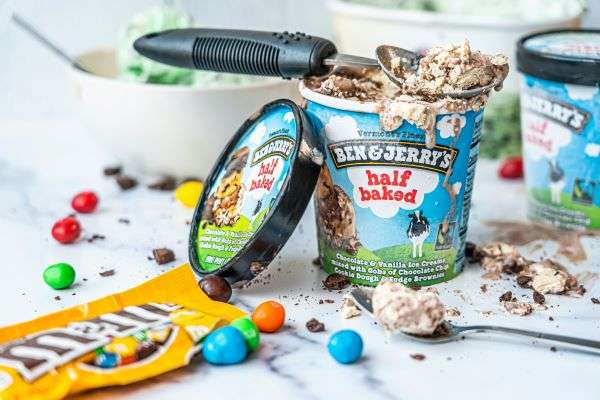Unveiling the transformative strategies behind Unilever’s supply chain, this article explores the multinational’s integration of cutting-edge technology, sustainability practices, and strategic partnerships to reshape their global operations.
Unilever’s Global Operations: An Overview
Unilever, a giant in the consumer goods sector, boasts extensive operations, including 280 factories and 500 warehouses, reaching customers in 190 countries. Their strategic approach to supply chain management enables them to process over 25 million customer orders yearly, with an impressive annual revenue of $74.14 billion.
The Three Pillars of Unilever’s Supply Chain Transformation
Unilever’s success is driven by a commitment to digital transformation, environmental sustainability, and strategic collaborations:
Digital Integration and Automation
Unilever leverages advanced technologies such as artificial intelligence (AI) and blockchain to enhance data transparency and streamline processes. This digital adoption places Unilever in the prestigious ‘Masters’ category of Gartner’s Supply Chain Top 25 for consecutive years.
Commitment to Sustainability
Unilever is dedicated to reducing its environmental footprint through initiatives such as sustainable sourcing and waste management. Their efforts extend across their supply chain, aiming for net zero emissions by 2030.
Strategic Collaborative Efforts
The company maintains a dynamic network of over 52,000 suppliers to keep abreast of the latest industry developments and drive innovation through purposeful partnerships.
Technology at the Heart of Transformation
Unilever’s adoption of technologies like mobile devices and AI enhances real-time data collection and decision-making. Tools such as Kinaxis’s Rapid Response allow for seamless supply chain planning across global operations.
Advancements in AI and Machine Learning
Unilever uses AI platforms like Aera Technology to optimize decision-making and brand portfolio management, supporting swift, data-driven strategies.
Sustainability: Driving Eco-friendly Innovation
Unilever’s approach to sustainability includes reducing logistic emissions, utilizing renewable energy, and innovating product formulations to minimize environmental impacts.
The S-Curve in Unilever’s Strategy
The S-Curve framework helps Unilever manage the lifecycle of innovations, guiding new technologies from inception through to maturity. This structured approach ensures that each phase of implementation enhances operational efficiency and preparedness for future challenges.
Phases of the S-Curve
- Initial Adoption and Experimentation: Pilot testing and initial integration of new technologies.
- Rapid Growth and Scaling: Expansion and broader implementation of successful innovations.
- Maturity and Optimization: Refinement and enhancement of established processes.
- Preparation for Future Transformations: Anticipating and planning for emerging industry trends.
Conclusion: Lessons from Unilever’s Supply Chain Mastery
Unilever’s proactive approach in evolving its supply chain through technology, sustainability, and strategic partnerships offers valuable insights for other companies. By embracing innovation and adapting to industry and environmental changes, Unilever not only leads but also sets the standard for future supply chain operations.







